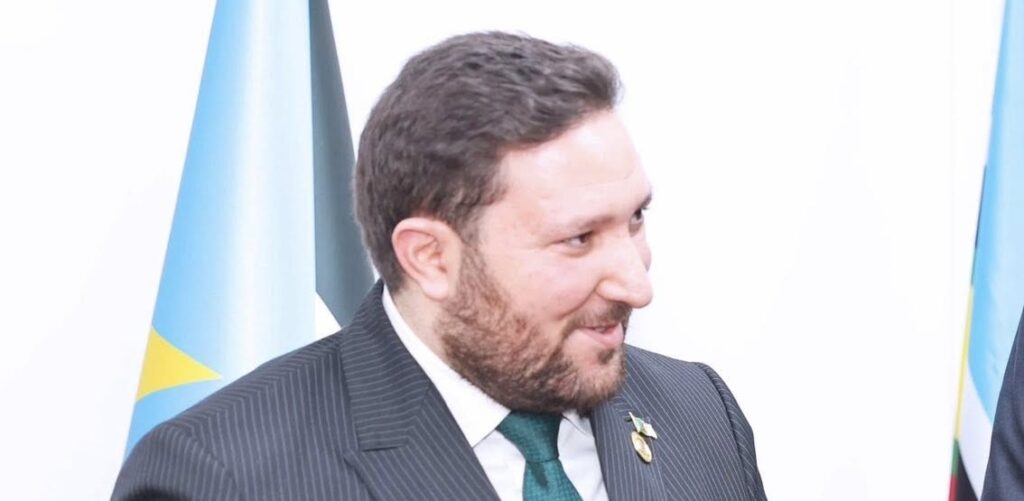The African Union Peace and Security Council (PSC) wrapped up a three-day mission to South Sudan on Tuesday, pledging support for the country’s fragile peace process and planned elections. But observers say the visit failed to address deepening political crises, including political detentions.
Led by Algerian Ambassador Mohamed Khaled, the rotating PSC chair for August, the delegation met with government officials, foreign diplomats, political figures, and civil society groups.
In a statement seen by Radio Tamazuj, the AU Peace and Security Council reaffirmed backing for the 2018 peace agreement and welcomed President Salva Kiir Mayardit’s commitment to hold elections by December 2026.
Yet the council sidestepped one of the most contentious issues: the house arrest of First Vice President Riek Machar, Kiir’s longtime rival, detained since March over what authorities call criminal charges tied to violence in Nasir County. Machar’s supporters allege the move is politically motivated, undermining the peace deal he helped broker.
The AU delegation did not confirm whether it requested to meet with Machar in Juba.
“This mission was something the people of South Sudan needed the most,” said Juba-based political analyst Boboya James Edmond. “But arrival alone does not signal a change in the peace process.”
Boboya accused South Sudan’s leadership of using diplomatic visits as a smokescreen while stalling reforms. “If their hearts are not open for peace, then there will never be a desire for peace in South Sudan,” he said. “The AU officials come, but they don’t receive the results they want to see.”
Civil society leaders echoed frustrations, arguing the AU’s post-visit statement lacked concrete commitments.
Edmund Yakani, head of the Community Empowerment for Progress Organization (CEPO), said the council avoided addressing AU support for political dialogue or detainee releases.
“The statement avoided much of the facts that civil society was expecting,” Yakani said. He warned that without inclusive negotiations, the peace process risks becoming “a paper promise.”
Government officials maintain Machar’s detention is a legal matter, not a political one. But with elections looming, pressure is mounting on the AU and regional bloc IGAD to tie future support to tangible progress—including freeing detainees and reviving stalled reforms.
“It’s time for the African Union to draw red lines,” Boboya said. “The government only listens to immediate consequences.”




